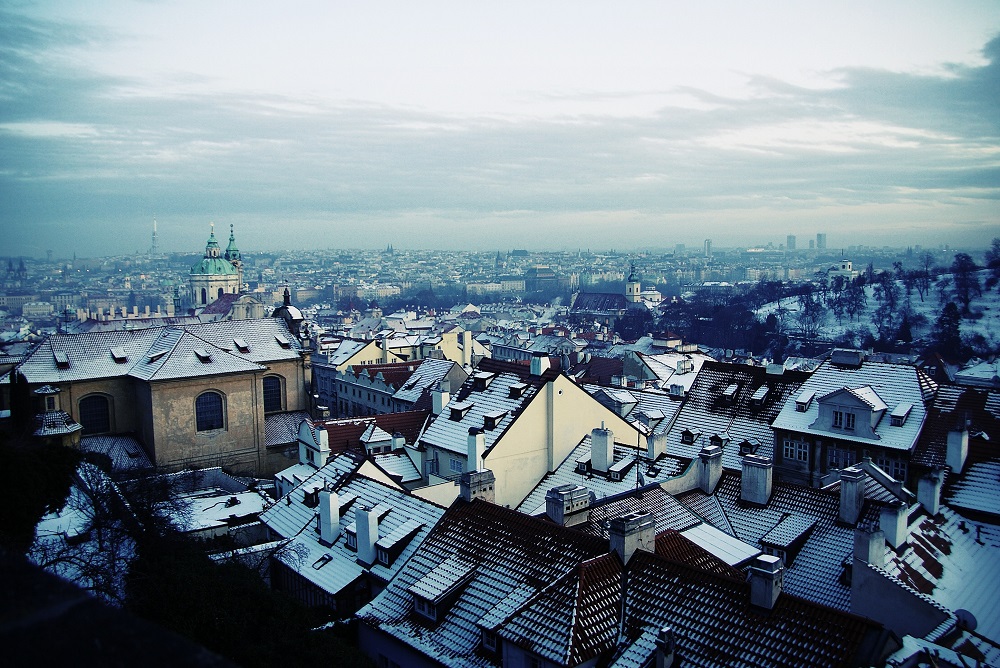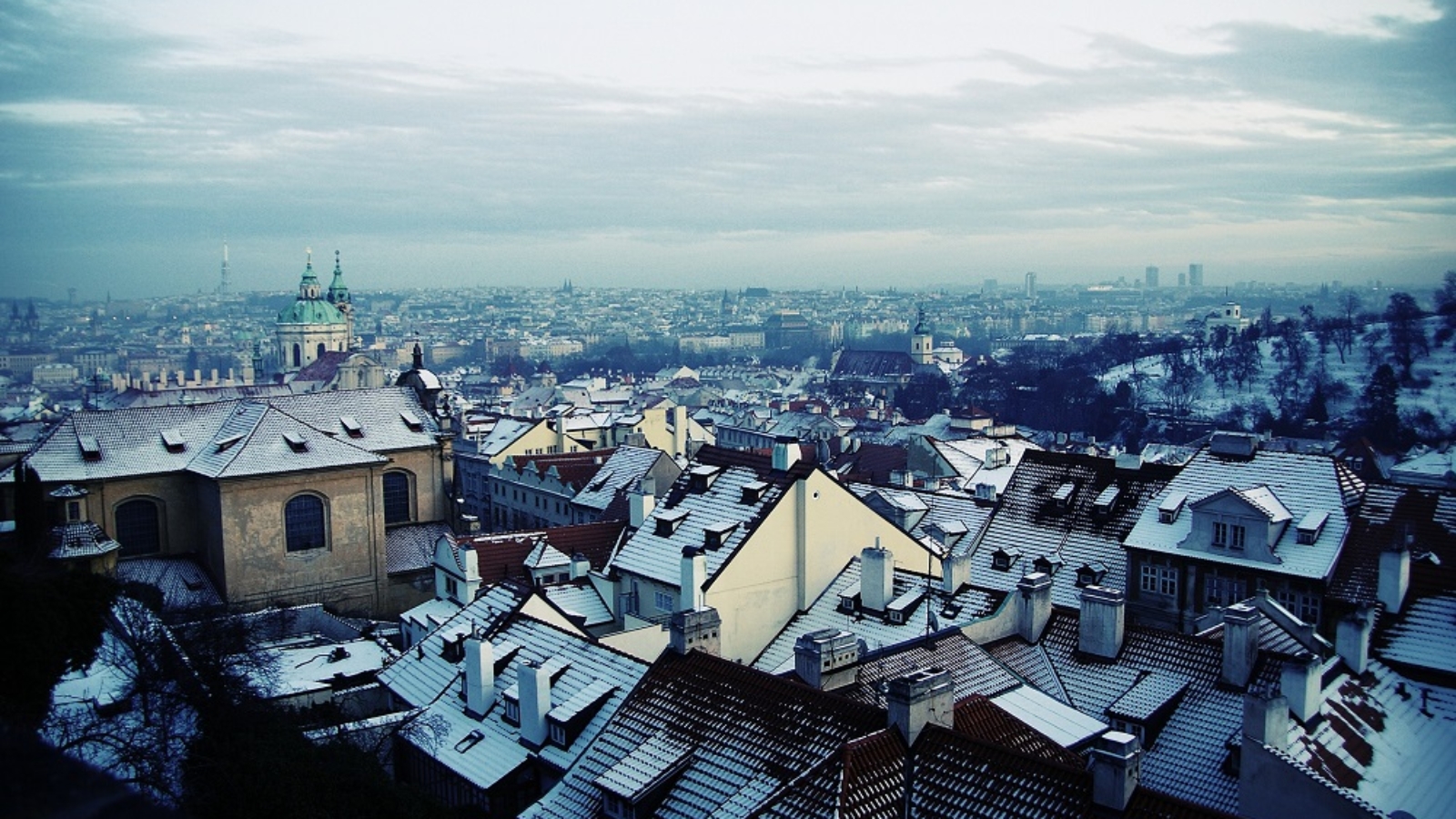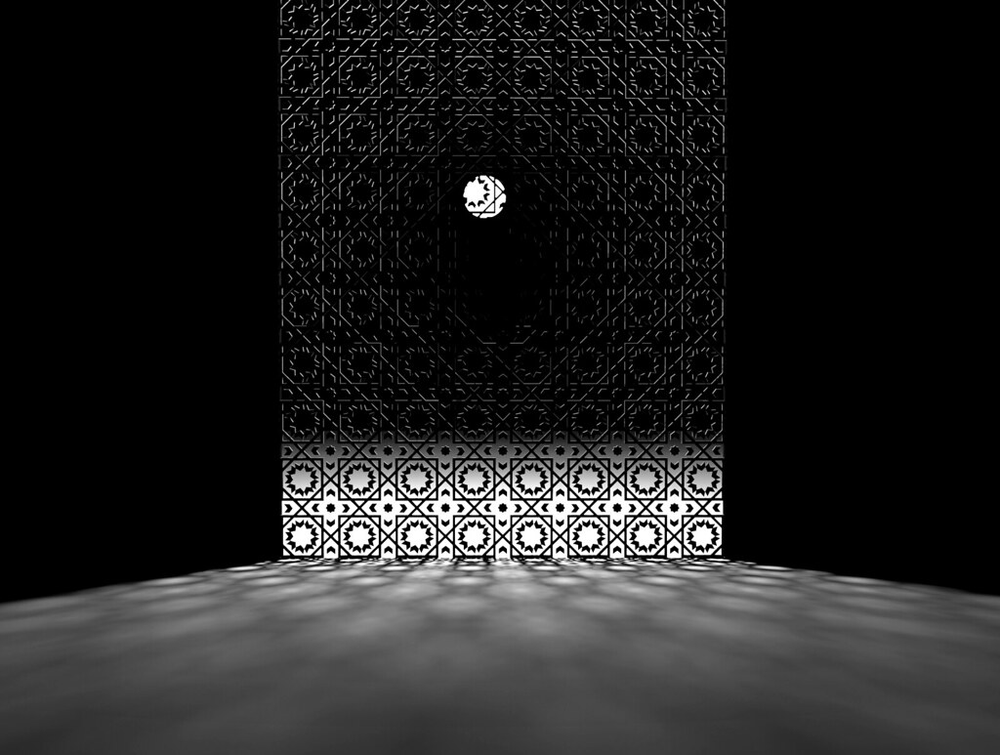My tween years were filled with adventures, made invaluable by my close-knit and friendly circle. I remember spending a whole summer at an outdoor camp near Bull Harbor, a small preserve on the northern tip of Vancouver Island. We learned how to forage, hunt, and sneak electricity into our cabins to watch cartoons. We learned to sail on small ships called sun-fins. We were restless and excited. Every day unfolded as fresh. I left that summer feeling connected to the earth and my friends.
During adolescence, I learned to play the piano. I fell in and out of love with two young ladies, each more worthy of my affection than I of theirs. I entered into adulthood scared but steady. I had gained a sense (although I did not know I gained it) that my internal experience was up to the task of navigating novel circumstances.
In my twenties, I travelled. Geographically, sexually, and musically. In the gentle sound of the piano and synthesizer, I found a home. My adolescent restlessness deteriorated, and from it emerged subtle emotion: ready to pour into my music. I honed my musical skills, and experimented with sounds tirelessly. I had no idea who I was, but I strived to find out in my music.

This pursuit of myself bled into my travels. Each time I stepped on and off a train or plane, my spine stretched. I went to most of Europe and South America. I backpacked across Northern Africa and Nepal. I met people. I got to know many wonderful women, intimately. I followed my sexual impulses and let attraction come and go. I fully participated in the play of being an animal and even settled down twice. Once in Paris with a soft-faced and softer-hearted French brunette named, Estelle. Time passed quickly, sitting across from her in street-side cafes. A ten-month dream. A few years later, I would stay a year in a small beach town just south of Naples with a sexy, intelligent Italian woman with whom I still share occasional correspondence today.
When I finally made it back to the states at age 29, I had lived many parts of my life that I will forever protect with memory and meaning. I did not find my purpose or destination, but I found and relieved much of myself.
Nice story, no? This is the narrative of my past I wish I could tell. The words I wish I could write. But of course, I cannot.
My actual teenage years constituted travels in and out of psych wards and rehab centers. I graduated high school, but the vast amount of my adolescent fuel was burned just staying alive, suppressing suicide with substances. My twenties began in jail. After seven months in, I set out on a path to…continue surviving. I graduated college, but the vast amount of my twenties was still filled with drugs and various highs to keep my trauma and self-loathing at bay.
My infanthood trauma set in at thirteen and took over my life. I never went to camp in British Columbia or had a host of healthy teenage friends. I never learned to sail, play the piano, or woo European women. Those experiences are part of my untold story, what the Jungians call our unlived life: the inspired experiences we never got to have, the time periods we weren’t present for, the life we missed.
I would guess that if you paused for a moment to reflect, at least one or two parts of such a life emerge in your mind, here and now. Take a moment with them. When and what are they? Who are you in this retrospect fantasy? How do you feel? How is it to look back at this missing piece of life?
Carl Jung the Unlived Life
Carl Jung says, “Nothing has a stronger influence psychologically on their children than the unlived life of the parent.” He goes on to describe this unlived life as “that part of their lives which might have been lived had not certain threadbare excuses prevented the parents from ever doing so” (Jung, 1934, emphasis mine).
Threadbare excuses are seen by many Jungians as acts of willful choice, petty fear, or social conformity. This quote about the unlived life of the parents seems to have gained some traction among educated parents as a calling to live their own life while raising a child. All the better, I’m sure. Alas, I think Jung’s concept of the unlived life can be extended to all of us, as an essential part of making peace with our past, not just for the sake of our children. I see this unlived quality in myself, and in many people I work with. But it is typically not due to “threadbare” excuses like peer pressure or poor choices, but rather: to trauma.

In trauma work, we often discuss what Dr. Peter Levine calls “continuity of experience” (Levine, 2010). He refers to this as the process of our psyche being able to move forward in time. One moment we are present, and the next we are able to be present again. This fluidity of experience and flexibility of mind allows us to settle in this moment, envision the future, and trust that we can influence the latter by attending to the former.
As I have discussed in another post: traumatic experiences are created when defensive impulses are thwarted. When this natural sequence of events does not carry out, we, in a sense, halt time. Part of our experience was not honored and lived, and therefore becomes stuck in bodily, implicit memory. The moment never got to finish, and we therefore lose some of our ability to be in the next moment. This is trauma.
The way trauma halts time goes beyond the specific impulse that was never carried out. This freezing of time is a very subtle occurrence that is not easy to place our finger on when we investigate our own experience during and after a traumatic event. But if we zoom out and consider some life experiences of those who have endured trauma, it becomes obvious that time has stopped.
Trauma Anniversaries & Revictimization
Consider the common occurrence of trauma anniversaries. People respond psychologically to the date of their traumatic event. While empirical studies are sparse, the National Center for PTSD and Veteran’s Affairs identify anniversary reactions, or traumaversaries as they are often called, as a readily observable phenomena and a quick Google search will bring you a plethora of first-hand accounts.
The most compelling of these are those who undergo distressing symptoms without consciously recollecting the trauma, or connecting their present circumstance to the traumatic event. The time of year emerges, and they enter into a downward spiral with no apparent explanation. One such study invited Gulf War veterans and their spouses to assess their “worst month of the year” and 38% of them found their worst month actually coincided with the calendar month in which they endured their most traumatic event in the war.
Consider the well-documented phenomenon of sexual assault revictimization. Two out of three victims will be re-vicitimized, even though there may be a long period of time between occurrences. The National Sexual Violence Resource Center posits that childhood or adolescence sexual abuse makes one 2-13.7x more likely to be abused as an adult. Regardless of why, we can see this as a symbolic example of time halting or turning back on itself. The trauma continues, right where it left off.
The most easily identifiable example of such time freeze is to look at the lives of those struggling with PTSD or developmental trauma: the drastically decreased participation in what they once enjoyed, the countless hours receiving treatment, seeking resources, or lost in addiction. The damaged relationships, and the general stuckness that so many report. So much of their life has been lost. The trauma reel continues.
I personally spent more than a decade seeking daily relief in all the wrong places. This was not a choice. My copious drug use was not an act of conformity. Without proper trauma intervention, it was a necessity. Of course, there was no time for making friends, learning an art, or cultivating meaningful experiences. As a recovered adult, some of these missed experiences (certainly not all) can still be lived, but the context for living them (adolescence and my vital twenties) is completely lost. Sadly, we have all lost parts of our life that we cannot get back.
Twenty years after the onset of my trauma, I am still rearranging the puzzle pieces that comprise my unlived life. The first step in doing this is spending time with it. It is popular to claim that looking into our missed experiences or admitting we have regrets is a waste of time: Je ne regrette rien. How fucking regretful. Everyone has regrets. Everyone has unlived life. Those of us with early trauma most likely have a lot of both.
Grief and Trauma
When we spend time with these lost memories, we often find two things. First, grief. Naturally. We have lost something important, but have not paid much attention to it until now. Grief is a totally natural response, with an intelligence all its own. In the Somatic Experiencing method of renegotiating trauma, we acknowledge that grief is one of the only in-the-moment experiences that needs no titration. When opened, it heals itself and provides the nervous system and psyche with relief.
Grief associated with our unlived life is very personal, and simultaneously universal. It is an existential plight of most people to grieve for lost time. Interestingly, after opening our heart to what we have lost, we may find ourselves more deeply connected to others, and to what it means to be human.
Second, we often discover that these lost memories are intimately connected to memories of neglect. When I consider my unnatural and horrifying adolescence, I cannot help but notice that while many well-intentioned people attempted to, ultimately; no one around me had the proper tools to help me. Not even my (admittedly sub-par) therapist at the time. And the terribly sad truth is, the proper tools existed. Ouch. While there is no way to know what turns my life might have taken should these tools have been presented to me, it is a poignant and tragic truth to hold that they were there, but no one told me so. And it would be an injustice to my fourteen-year-old self to not acknowledge that.
When working with these lost places in time, we have the space to not only grieve what was lost and neglected, but the tender opportunity to care for our younger selves and repair some of the damage. By willingly entering into these younger places after time has halted, we bring with us the capability to give our younger self something different. We may not be able to give our sixteen-year-old self a host of close friends, but we may be able to envision them well connected to our adult self. We may be able to imagine holding them while they cry. Past experiences of neglect can be re-worked, and a sense of caring wholeness reclaimed.
But what of the life we lost? In some cases, our intentional grieving can create a new openness that we can fill with experiences similar to those we missed. If life circumstances allow, you can still join a theatre group, travel to Greece, or date around. But oftentimes, life circumstances do not allow for such re-living. And if they do not, we grieve (perhaps longer in this case), tend to our neglect, and finally, attempt to understand what sort of meaning, emotional reward, or pleasure these experiences might have brought us. If we gain such understanding, this allows us the opportunity to pursue such meaning and reward in other areas of life that are accessible.
This is a daunting process, made infinitely more workable with the help of a competent counselor. For those of us who have endured horrific experiences: it is not our fault that we lost so much of our life. But as the challenging dialectic goes: it is our responsibility to heal the damage from such loss. Thankfully, we do not have to do it alone. Therapists were made for just such a purpose.
Learn more about our approach to trauma.




